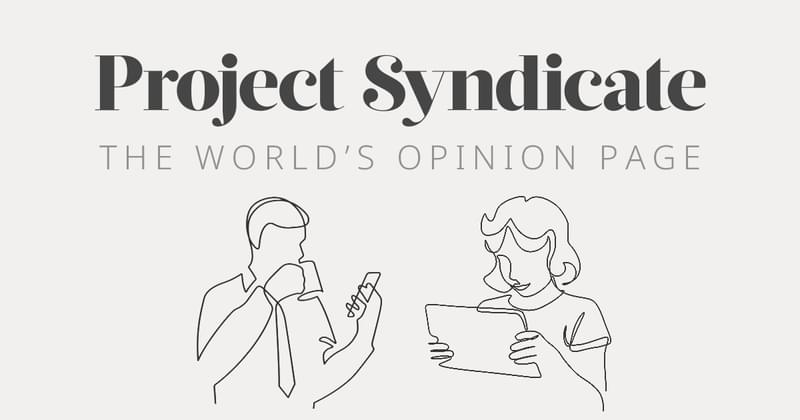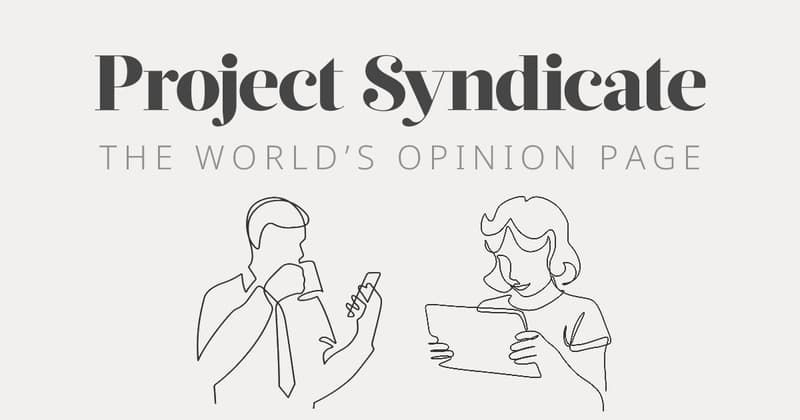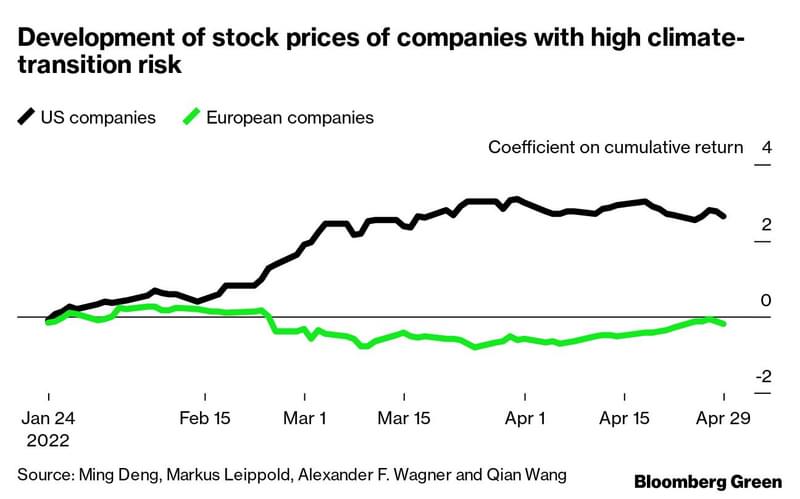Predictions for 2023
Project Syndicate

My monthly, globally syndicated column for Project Syndicate, translated into a dozen languages, and my earlier bi-weekly Risky Climate column for Bloomberg Green.

Project Syndicate

The US Securities and Exchange Commission is considering a proposal to require some companies to disclose information relating to the risks they face from climate change. But the agency is coming under pressure to scrap or water down the proposal because of a recent Supreme Court decision.

In the face of a massive financing gap for climate-change mitigation and adaptation in developing countries, everyone accepts the need for more "creative" measures to unlock and redirect private capital. But proposals like carbon credits must be understood merely as stepping stones, rather than as lasting solutions.

With more governments embracing industrial policies to transform their economies, picking the right technologies to subsidize will become a key challenge. To navigate the minefield of entrenched interests, techno-hype, and political pressures, policymakers must embrace a mix of openness and caution.

Although businesses and investors stand to make a lot of money if they can properly navigate the new risk environment, no one seems to have a good explanation for why we are where we are. Climate risks, in particular, have been systematically underestimated, and thus mispriced, for decades.

California is finally poised to lift parking requirements across the state. Here’s why that would be a huge win for the climate.

While no legislation is perfect, the US Inflation Reduction Act of 2022 will be a game changer for the transition to clean-energy sources, both in America and around the world. By doubling down on forward-looking industrial policy, the US is suddenly poised to give Europe, China, and others a run for their money.

U.S. and European companies vulnerable to the clean energy transition have seen their stock prices go very different ways since Russia invaded Ukraine.

Building dense, mixed-use and largely car-free neighborhoods cuts carbon — and the benefits don’t stop there.

To ditch fossil fuels for good, we must combine a range of technologies and approaches.
